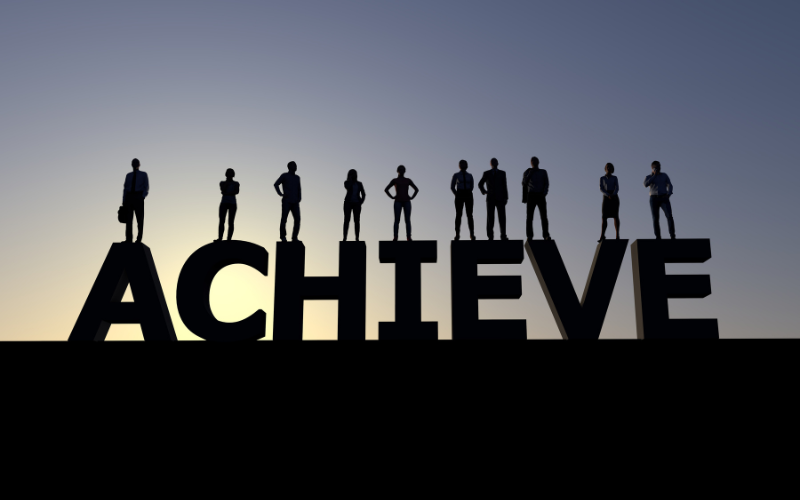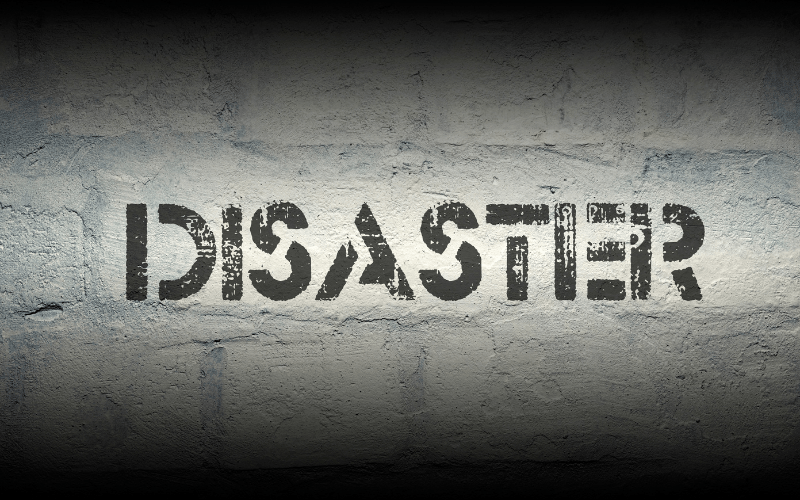EMDR Therapy, High Achievers, and Racial Trauma
Guest Blog Post by Brittany A. Johnson, LMHC
 Tell us a little bit about you, your experience becoming an EMDR therapist, and your experience working with high achievers and racial trauma.
Tell us a little bit about you, your experience becoming an EMDR therapist, and your experience working with high achievers and racial trauma.
My name is Brittany A Johnson. I am a Licensed Mental Health Counselor based out of Indiana. I attended my basic training in 2017 and became an EMDR Certified Therapist and Consultant. In 2020/2021, when my clients began returning to work, they reported an increase in somatic complaints and anxiety. After exploring, we determined it was related to being home from work for months and then returning. I started using EMDR with them to regulate their systems as well as process old experiences of racial trauma. That prompted me to present in 2021 at the EMDRIA Virtual Conference on ‘Using EMDR with High Achievers who Experience Racial Trauma.’ After the presentation, I received a lot of positive feedback, which led me to create an introductory course on using EMDR for racial trauma.
Can you briefly help us understand a little more about the intersection of high achievers and racial trauma?
To talk about the intersection of high achievers and racial trauma, we have first to lay some foundation around racism and how communities of color would maintain their beliefs but also attempt to assimilate to what was considered mainstream or standard ways of living. Education was, and is, the primary way many communities of color, especially Black communities, have done this. The plan was to ensure you would attend school and the best colleges. Because of systemic racism, many black and brown students are often left behind or not allowed to grow academically. So, the Black students who excelled became what we call High Achievers today. They were the students who did well in college and post-secondary spaces. Because of systemic racism, today, most high achievers end up living and working in predominantly white spaces. Living and working in spaces where you are the minority subjects you to more instances of racism and prejudice.
How can EMDR therapy help people struggling with these issues? What successes have you seen?
EMDR is one of the most adaptive models I’ve experienced, so there are many things EMDR can do to help people struggling with these issues. The primary thing is to work on how to use resourcing to regulate the nervous system of those who are struggling with racial trauma. The other way EMDR has been impactful is to reprocess old memories as well as use the future template to prepare for potential future instances. My EMDRIA conference presentation and the creation of my introductory course on this topic is based on the success I had with my clients.
Are there cautionary measures you would like to mention regarding using EMDR therapy with high achievers and/or racial trauma?
One thing to be cautious about is making sure that you clearly understand the person’s experiences because every black/brown person does not have the same experiences. The other thing is to ensure that you have done your work as a therapist to make sure you know your blind spots around race and how racism impacts the brain and body.
Are there any myths you’d like to bust about using EMDR therapy with these clients?
The biggest myth to continue challenging is that if a client isn’t a “high achiever,” they must be lazy or uneducated. It has been proven that some clients don’t have access to what they need to achieve their highest potential.
Any specific complexities or difficulties that people living with racial trauma deal with that other populations may not?
One thing high achievers experience that others may not is constantly remembering that they are not a ‘DEI hire’ or an ‘Affirmative Action hire.’ They also have to remember that they can’t always be a straight shooter or speaker in spaces where they are the minority—it may not be safe to do so.
What multicultural considerations might EMDR therapists need to keep in mind regarding EMDR therapy and high achievers?
As mentioned above, make sure you are clear on your biases or blind spots.
What is your favorite free resource that you would suggest to other EMDR therapists about working with high achievers and/or racial trauma?
My favorite resource for working with high achievers is the standard somatic body scan or bilateral stimulation (BLS) while repeating affirmations.
What would you like people outside the EMDR community to know about EMDR therapy, high achievers, and racial trauma?
If you are Black/brown in this space, remember that you are enough and deserve to be in the space you are in. If you are not Black/brown, remember that the person in front of you is still a person with their feelings and experiences.
Brittany A. Johnson, LMHC, and EMDR Consultant has worked with several populations including domestic violence survivors, children, families, and individuals. Through the years she has learned and taken specialized training in trauma focused modalities. Johnson uses EMDR therapy to help her clients process anxiety and past trauma. Through her work with clients she realized that many of her clients are blocking themselves, which led to Johnson writing her Amazon best seller Get Out of Your Own Way, 21 Days to Stop Self Sabotage. Learn more about her at her website www.brittanyajohnson.com.
References
EMDRIA OnDemand. (2021). Racial Trauma in High Achievers. www.emdria.org/course/racial-trauma-in-high-achievers/
Johnson, B. A. (2018). Get Out of Your Own Way, 21 Days to Stop Self Sabotage. Self-Published.
Back to Focal Point Blog Homepage
Additional Resources
If you are a therapist interested in the EMDR training:
- Learn more about EMDR at the EMDRIA Library
- Learn more about EMDR Training
- Search for an EMDR Training Provider
- Check out our EMDR Training FAQ
If you are EMDR trained:
- Check out EMDRIA’s Let’s Talk EMDR Podcast
- Check out the EMDRIA Focal Point Blog
- Learn more about EMDRIA membership
- Search for Continuing Education opportunities
If you are an EMDRIA Member:
Date
August 16, 2024
Contributor(s)
Brittany A. Johnson
Topics
Racial Trauma
Client Population
Racial/Cultural/Ethnic Groups
Practice & Methods
DEI/IDEA





